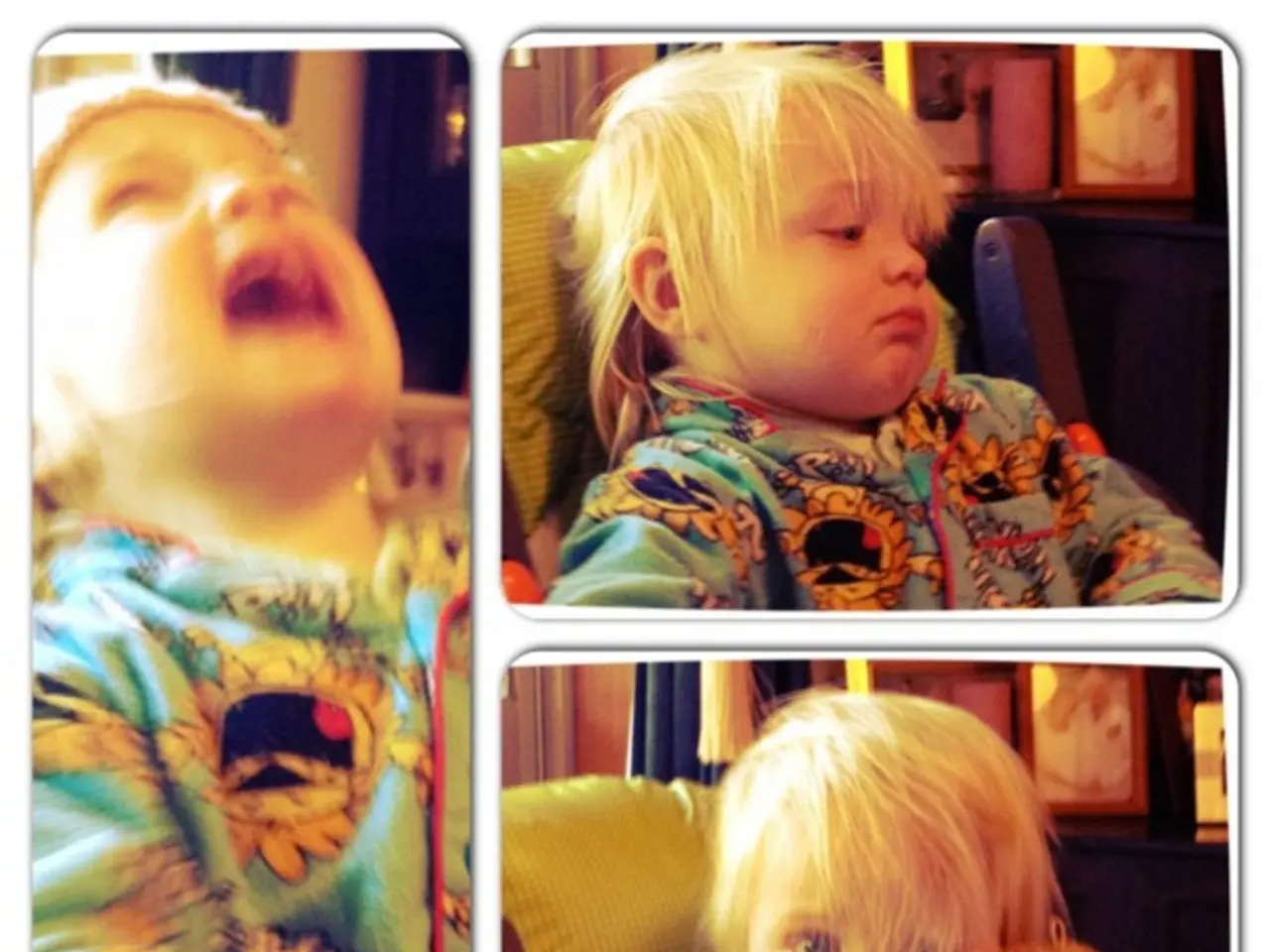Explore the Innermost Part of Yourself: Embrace Your Inner Child
In our lives, we carry an emotional and experiential part of ourselves rooted in our childhood - the inner child. This inner child significantly influences our emotions and behaviors as adults, holding early memories, feelings, and unmet needs that guide us in our adult life.
The inner child is a repository of our early interactions and emotional wounds, often shaping our adult expectations and emotional responses, mostly unconsciously. When trauma remains unaddressed, the inner child can continue experiencing unresolved fear, shame, or rage, influencing our behavior negatively through mechanisms like heightened stress responses and insecure attachment styles.
Unresolved childhood trauma, such as abuse, neglect, or inconsistent caregiving, can adversely affect the inner child, perpetuating feelings of worthlessness, anxiety, distrust, and anger. These feelings manifest as maladaptive coping, difficulties in emotional regulation, and impaired relationships.
The inner child's impact on our adult life can be observed in various ways. For instance, frequent conflict in relationships or the need to avoid relationships entirely could be signs of a wounded inner child. Negative self-talk, self-criticism, and increased feelings of guilt, shame, or regret may also indicate a wounded inner child.
Moreover, the inner child's manifestation can be seen in unhealthy coping mechanisms, such as addiction, anxiety and depression, and other mental health issues. It can also lead to people-pleasing activities while ignoring one's needs, difficulty setting boundaries, and feelings of abandonment or rejection.
Understanding and healing the inner child is often a crucial step in recovering from eating disorders and building a healthier relationship with oneself. Healing the inner child can be beneficial in overcoming eating disorders and improving self-perception.
Psychologist Dr. Susan Albers, PsyD, explains the concept of the inner child and its impact on adult life. According to Carl Jung, the inner child is the part of the subconscious mind that influences many emotions and gut reactions. The inner child's manifestation in the present day can have a significant impact on self-perception and interactions with others.
Therapeutic approaches such as inner child work involve adults learning to relate to their inner child with compassion, reparenting themselves to heal past wounds and reframe painful childhood experiences. This process addresses the unconscious patterns originating from childhood trauma, allowing emotional integration and healthier adult functioning.
In conclusion, the inner child is a core psychological construct that shapes adult emotional life and behavior through early mental models and attachments. Unresolved trauma disrupts these patterns, embedding distress and maladaptive coping that psychotherapy can help resolve. By understanding and addressing the inner child, we can foster emotional growth, healthier relationships, and a more fulfilling adult life.
[1] van der Kolk, B. (2014). The Body Keeps the Score: Brain, Mind, and Body in the Healing of Trauma. Penguin Books.
[2] Schore, A. N. (2012). Affect Regulation and the Origin of the Self: The Neurobiology of Emotional Development. W.W. Norton & Company.
[3] Hughes, J. (2017). Embracing Your Inner Child: A Guide to Healing Your Inner Child. Hay House.
[4] Levine, P. A. (2010). Waking the Tiger: Healing Trauma. North Atlantic Books.
[5] Paley, V. J. (2014). The Inner Child Workbook: A Guide to Healing Your Inner Child. New Harbinger Publications.
- Our inner child, influenced by childhood experiences, can impact our travel choices, as it may shape our preferences for comfort, familiarity, or adventurous destinations.
- In the realm of food, unaddressed childhood trauma might lead to unhealthy eating habits, stems from emotional distress or coping mechanisms for past traumas.
- The influence of the inner child on mental health and wellness is profound, as unresolved childhood trauma may result in ongoing issues such as anxiety, depression, and other mental health disorders.
- When it comes to relationships, understanding and healing the inner child can help cultivate healthier bonds by fostering emotional intelligence, empathy, and improved communication skills.
- Additionally, addressing the inner child can be crucial in the field of education and self-development, as it encourages personal growth, emotional resilience, and promotes a holistic approach to learning and self-improvement.




